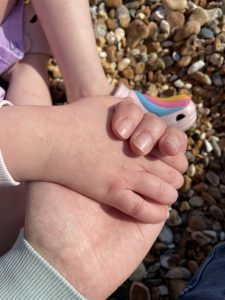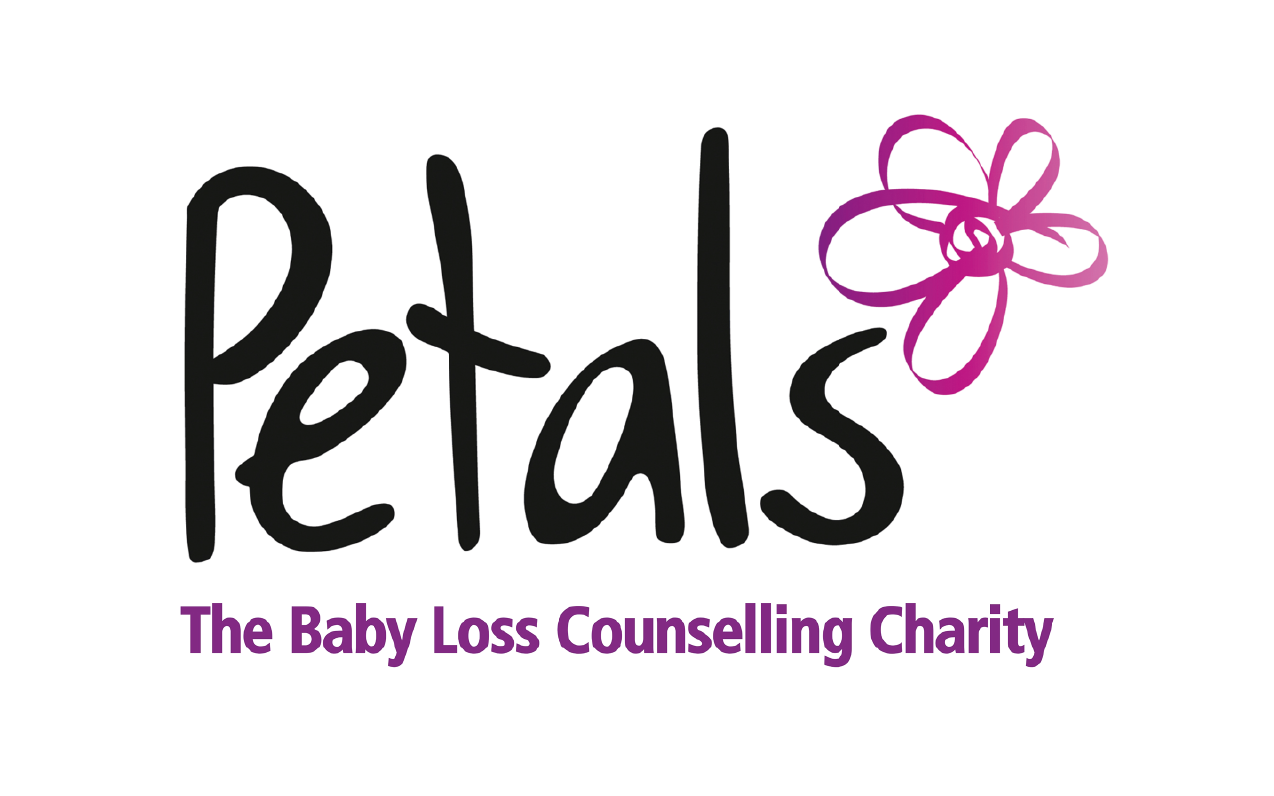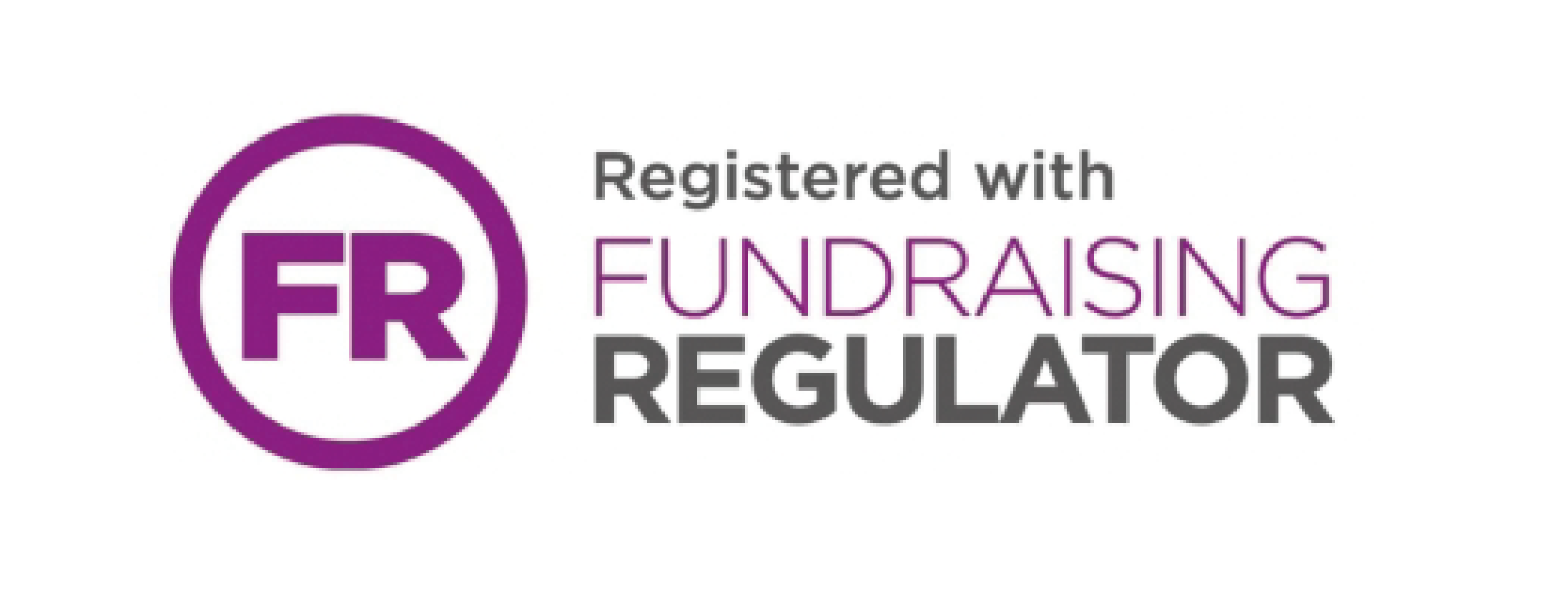This week (9th-15th May 2022) is Mental Health Awareness Week. The theme this year is loneliness – something that resonates with so many of us in the baby loss community. We are so honoured that Dr. Michelle Tolfrey (better known to most of you on Instagram as @from_the_other_chair) has written a guest blog for us to kick off this week. She speaks so openly about her experiences and the significance professional support has had for her.
We hope you find comfort in reading this blog and would love to hear your experiences of professional counselling in the comments below.
IT’S GOOD TO TALK – by Dr. Michelle Tolfrey
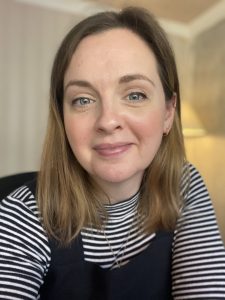
As a psychologist of many years, I am well versed in the benefits of talking therapies. I know the life changing conversations that can be held within the safe space of a therapy room: the lightbulb moments where awkward puzzle pieces seem to suddenly fall into place, as well as the slow burning revelations that ever so tentatively reveal another layer of understanding.
But when my baby died, I wasn’t sure if this was something I needed or even wanted. The worst had already happened, and no amount of talking was going to change that. Plus, I had found a peer group who really got it. These were the people I could turn to for reassurance, solidarity and unconditional understanding. Those who had trodden the same heavy path of baby loss at a similar time. We were all riding the same waves and desperately gripping to one another as life rafts, hoping to find the solace of solid ground again. The community I found online held me together at a time when everything within me was falling apart.
But as time went on, I realised that no one person or group was able to fix the shards that my baby’s death had created. I still needed and wanted the community I had found, but something within me called for more. Because although we all had so much in common, we all had our own stories to make sense of. I had my own pre-existing baggage that showed up in the shadows of my grief: the ways in which I avoided help, the desperate need to cope alone, the inability to be truly vulnerable in the presence of others. These parts of me, that had their own story to tell, were becoming entangled with my grief. And I needed someone to help safely unravel these knots before I completely came apart.
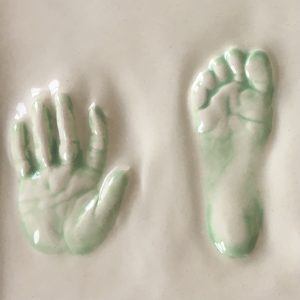
It took until six months after the birth of my second daughter, my ‘rainbow’, before I sought help. By this point I was in a very dark place, one that only now I can see was depression. The happy ending that was supposed to heal me was actually the one that cracked me open. I only had scraps left within me and every single one was given to the baby who needed them. The weight of expectation I placed upon myself, coupled with my isolation and lack of support pushed me to a place that I still don’t like to think about.
I made an appointment to speak to my GP and through my sobs exclaimed ‘I don’t think it should feel this hard”. I saw the concern in her face and knew I had done the right thing. Yet being confronted with the words “I think you are very depressed” was jarring. Surely I should have known how to prevent this?
I felt such shame at being referred to the Perinatal Mental Health Team. The pressure to ‘enjoy every moment’ of my longed-for baby reverberated around my brain. Hearing others within the loss community say that parenting a live baby was so much easier than what had come before was like a punch to the gut. For me, it was not easier, and I don’t think I have ever felt quite so alone in my life.
All I can remember from those initial sessions were the tears. So, so many tears. It was probably the first time since Orla had died that I truly allowed myself to come apart. I would walk into the room and the tears would fall. I would walk out, and they would stop until the following week. It was the only place that I felt safe enough to feel my true feelings.
Due to the limitations of NHS services, I had just 12 sessions. But those 12 sessions were the first step in me starting to realise that I could not carry all that I had alone. At that time I just desperately needed to be seen, to be heard and to have my experience validated by someone who I trusted wouldn’t fall apart with me. And my psychologist gave me that gift.
As I moved through the following months, the days felt gradually lighter. I returned to work and life found a new rhythm. But I knew that there was something unfinished. The transition back into the workplace highlighted how different I felt. I was no longer the person I once was, and my old ways of navigating life and work just didn’t fit anymore. I no longer wanted to (or could) work long, long hours. And I knew that if my worth remained tied to my achievements, I was destined for a huge fall.
So, I went back to therapy.

This time I was lucky enough to be able to afford sessions with a different therapist privately. The dam that I had built at the end of my last course of therapy came down, and the floodgates opened once more. But now I had more time. The spaces between the tears grew and it was within these that I was able to start to really make sense of things. Why I coped with distress in the way I did. Why I felt the overwhelming drive to be so self-sufficient. And most importantly, how I might start to change this.
And this is the thing that is so important to remember about therapy – it isn’t just about talking – it is also about change. Having someone validate your experiences, your thoughts, feelings and innermost fears is priceless. But what if there is something that is maintaining your suffering that can be changed? Therapy can start to pave the way to do things differently. A good therapist will move between gently guiding you and holding you to account. They will name the things that others might not, and they help you to find the resources within and outside of you that you desperately need.
Last year, I started therapy again. Grief unfolds throughout our lives and new layers are exposed with each new chapter. An acceptance that we won’t be having any more children coincided with the transition of our daughter starting school, and I knew that I needed someone to walk alongside me through this. I entered therapy in a very different place: fewer tears, feeling much less fragmented – but still very much a grieving mother.
Being on the other side of the therapy room has taught me so much. It has changed me as a person, a mother and as a psychologist. They say it takes a village to raise a child, but I think we all deserve a village. That village might include family, friends or peers who have experienced similar difficulties in life. But my village will at times also include professionals. The scaffolding that I need to hold me up will wax and wane, but one thing is for sure – I wouldn’t be here today if it wasn’t for the therapy that encouraged me to build it.
Michelle is a Clinical Psychologist and mum of two children. Her first daughter Orla was stillborn at 37 weeks in 2016 and her second daughter was born a year later. She can be found @from_the_other_chair and @the_loss_collective.
